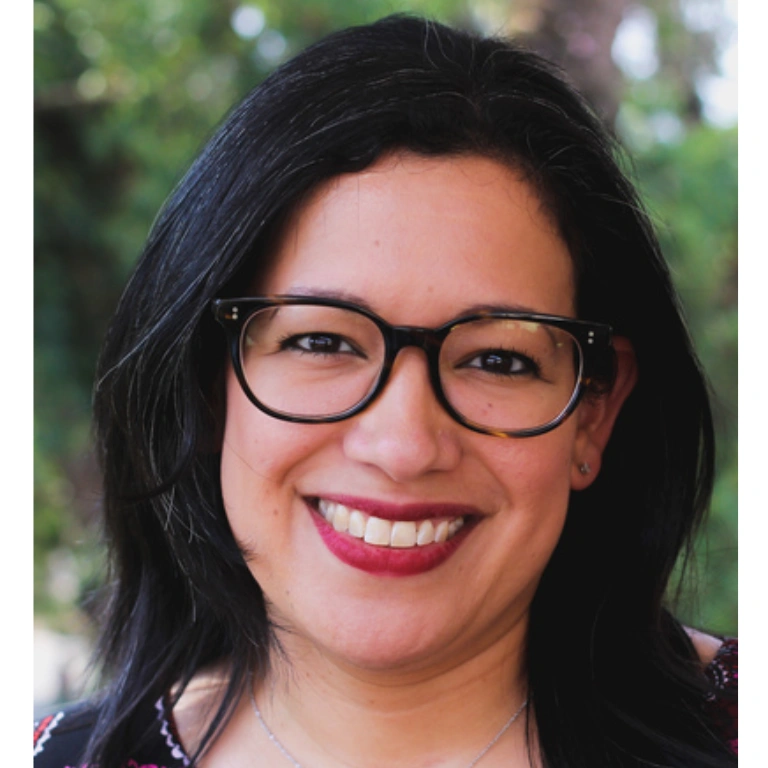Mintzi Auanda Martínez-Rivera graduated in 2014 with a dual Ph.D. in Folklore and Anthropology. After graduating, Mintzi became a Visiting Assistant Professor and the Interim Director of Latino Studies at Indiana University Bloomington from 2014 to 2017. In 2018, she became an Assistant Professor of Anthropology at Providence College, where she remained until 2023. Currently, Mintzi is an Assistant Professor of Folklore and Latinx Studies at The Ohio State University, where she is a core faculty in the Center for Folklore Studies.
Mintzi Martínez-Rivera, Ph.D. 2014

 The College of Arts
The College of Arts